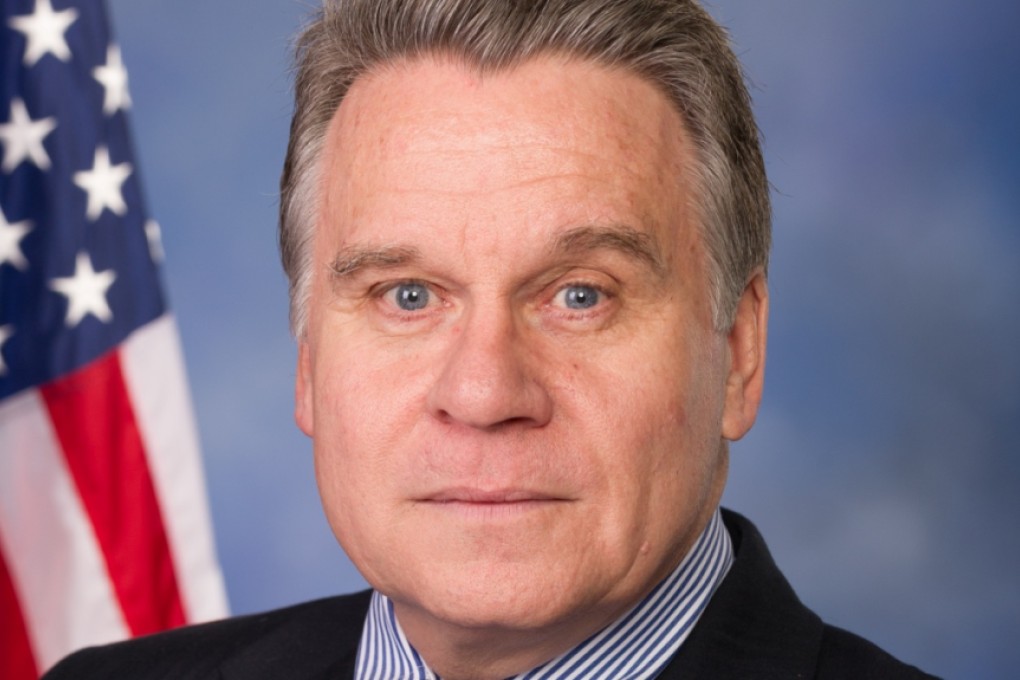US bill ties Hong Kong trade rights to democracy in bid to press China on 2017 elections
American legislators propose law to grant city economic privileges not extended to mainland China in bid to press Beijing on 2017 elections

US lawmakers from both main parties have reintroduced a bill to Congress intended to press Beijing to guarantee Hong Kong's autonomy and human rights.
The new attempt to push for the city's democratic development comes as President Xi Jinping reportedly prepares to make a first state visit to the United States in September.
And Hong Kong Justice Secretary Rimsky Yuen Kwok-keung yesterday warned that attempts by foreign governments to interfere in the city's political reform process could "backfire".
Four US congressmen - Republicans Chris Smith and Dana Rohrabacher and Democrats Eliot Engel and Dan Lipinski - tabled the Hong Kong Human Rights and Democracy Act.
If it becomes law, the bill will update the 1992 US-Hong Kong Policy Act, under which the city gets trade and economic privileges not extended to mainland China. The act would require annual certification from the US secretary of state that the city was sufficiently autonomous.
A similar bill was submitted by the US Congressional-Executive Commission on China, but lapsed in November.
"A status quo US policy is unsustainable if Beijing continues to insist that Hong Kong become like mainland China," Smith said in a statement issued by the four.